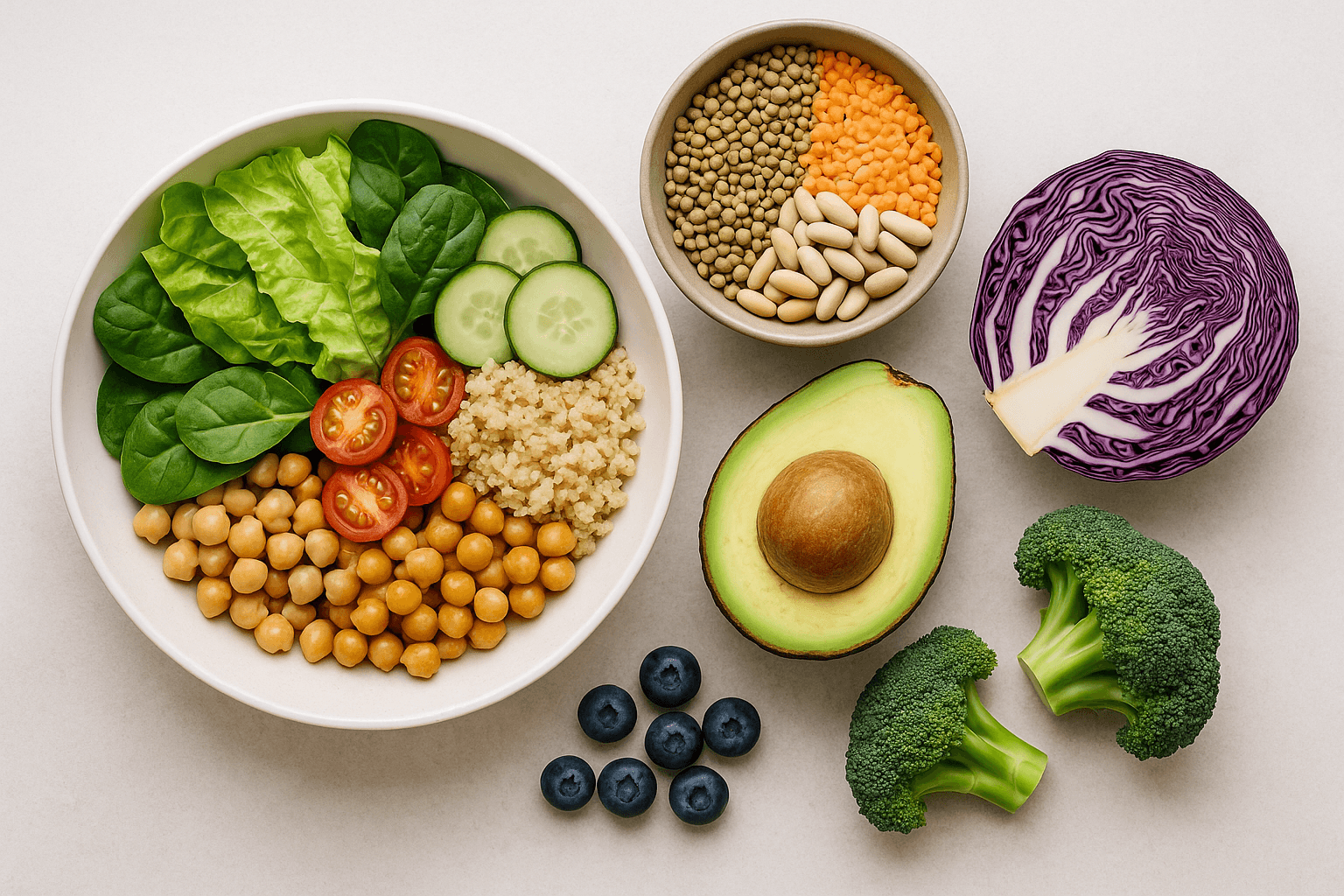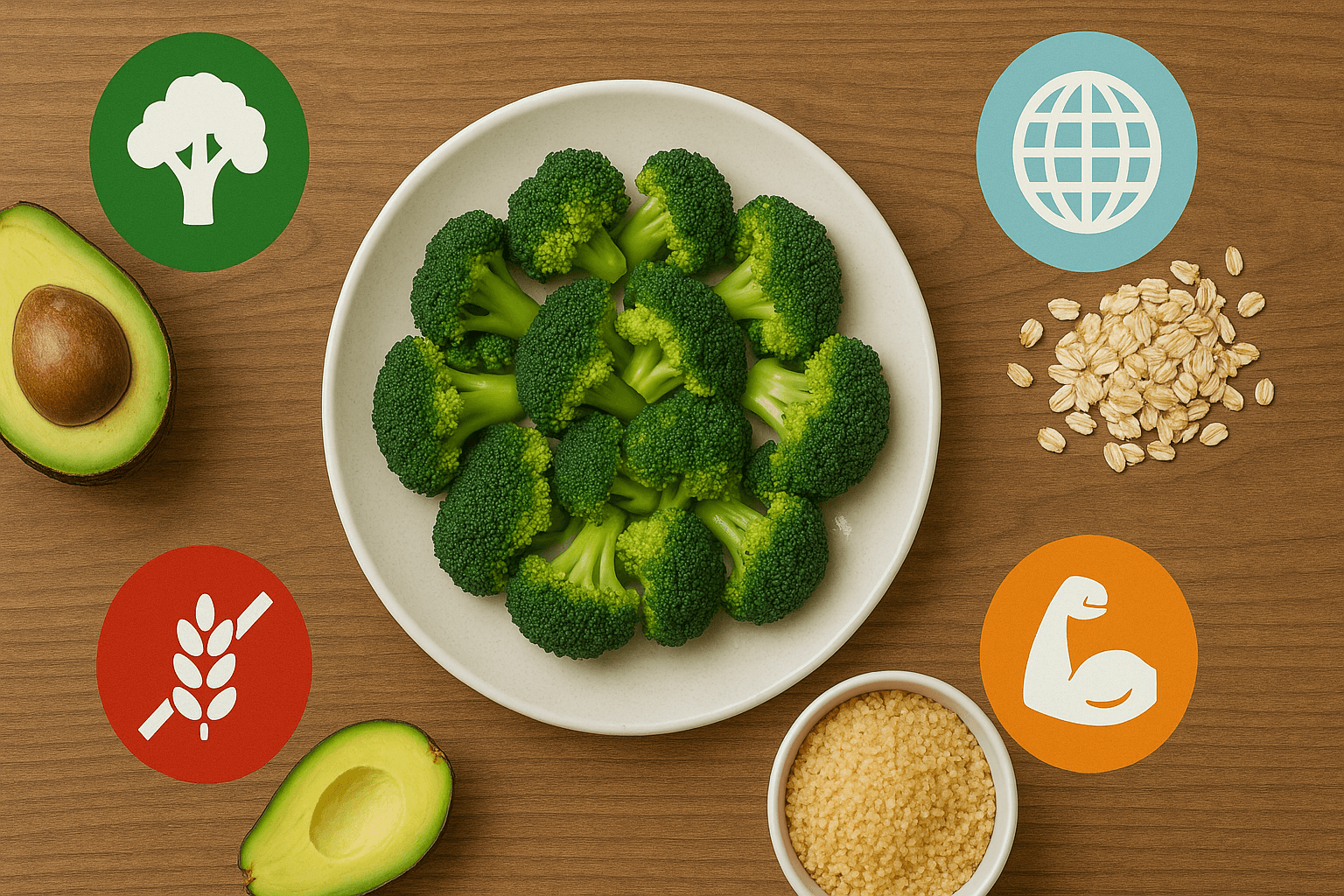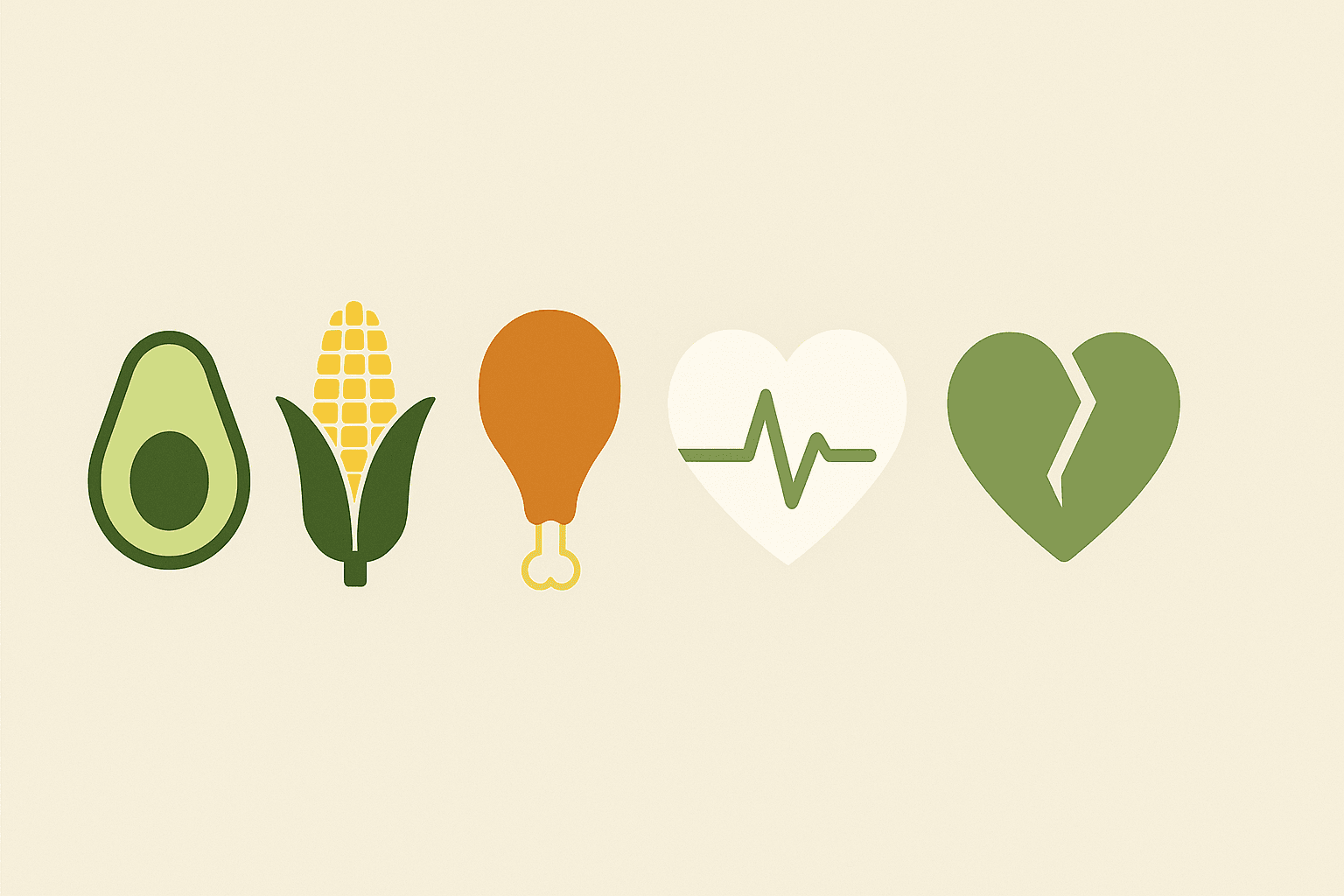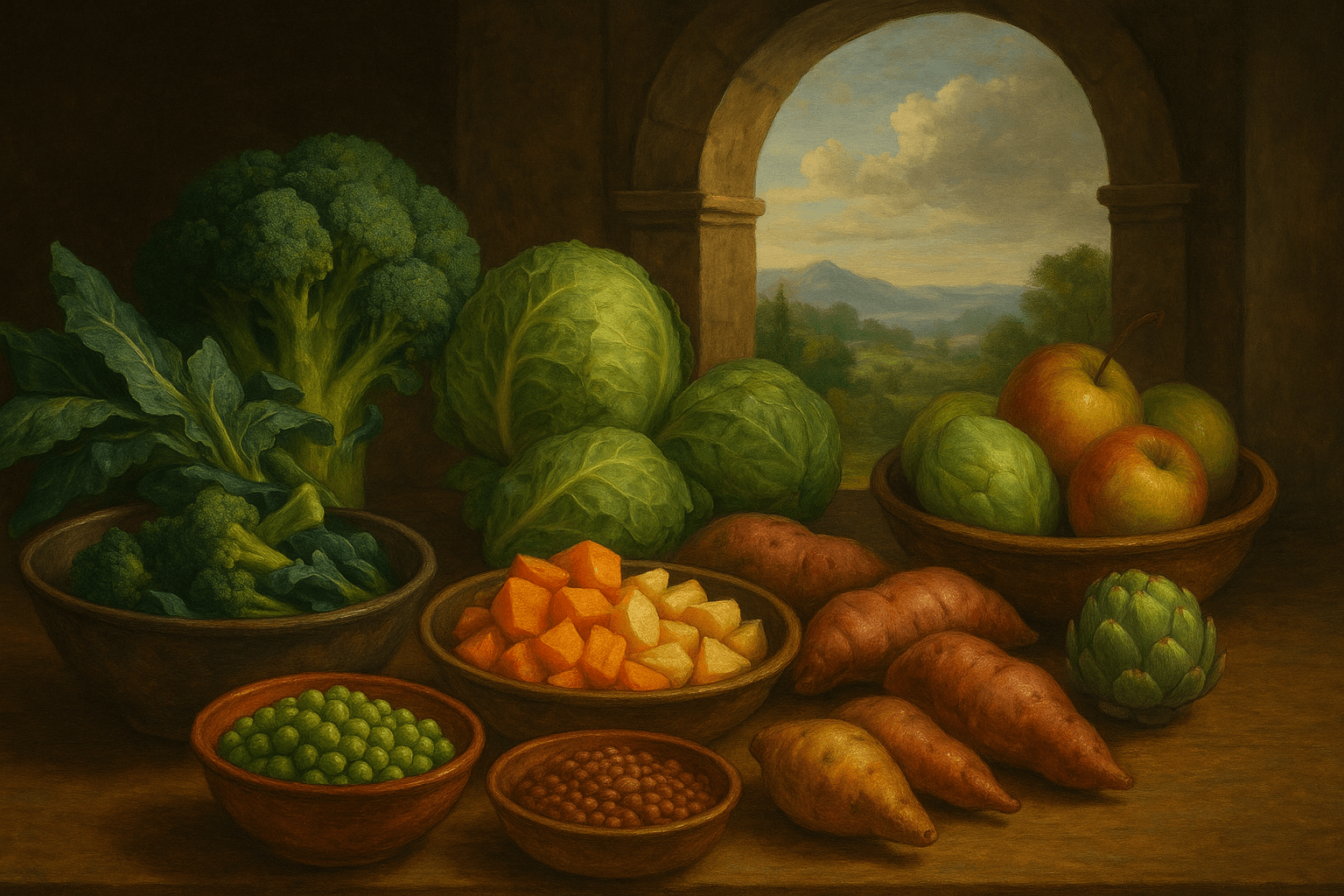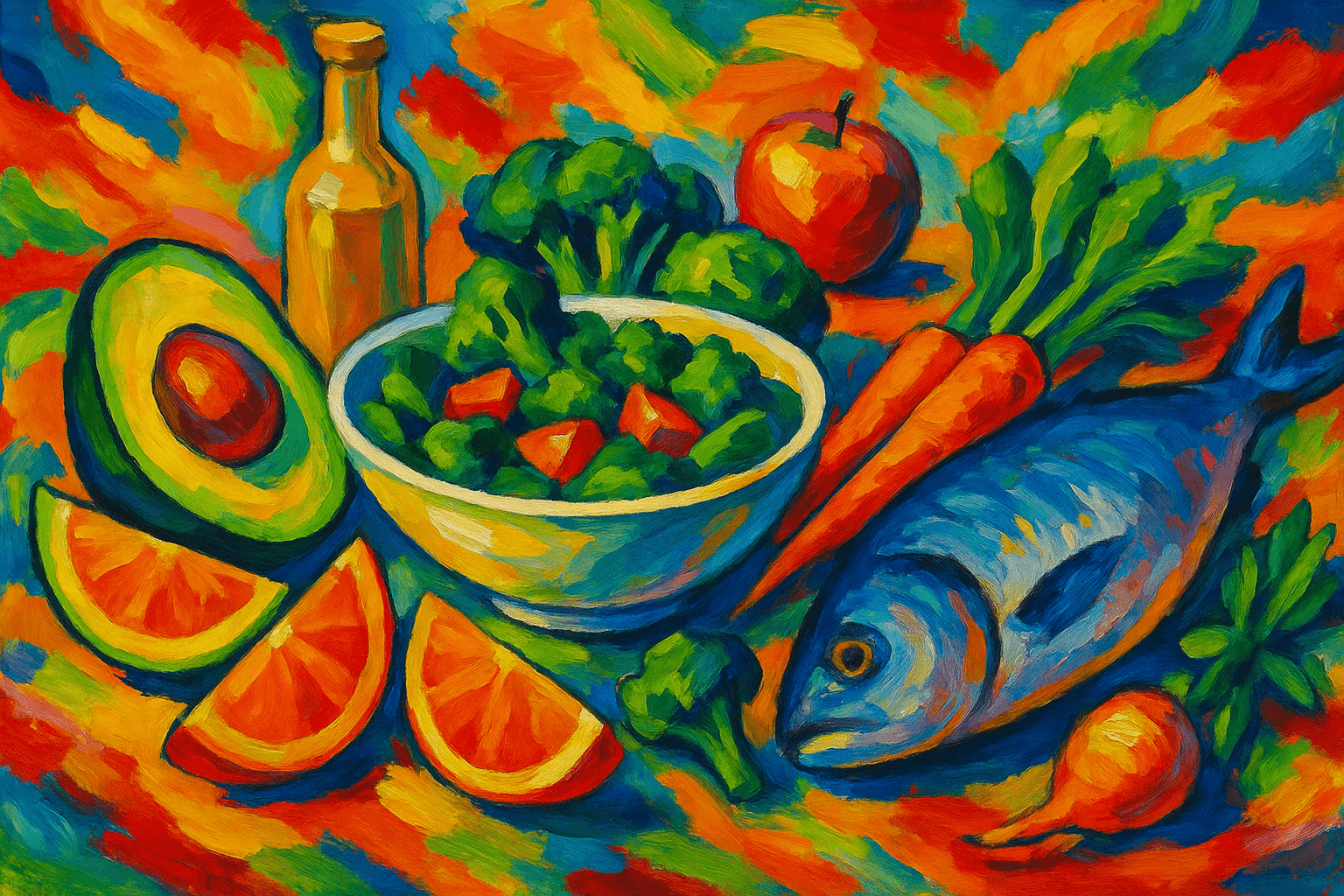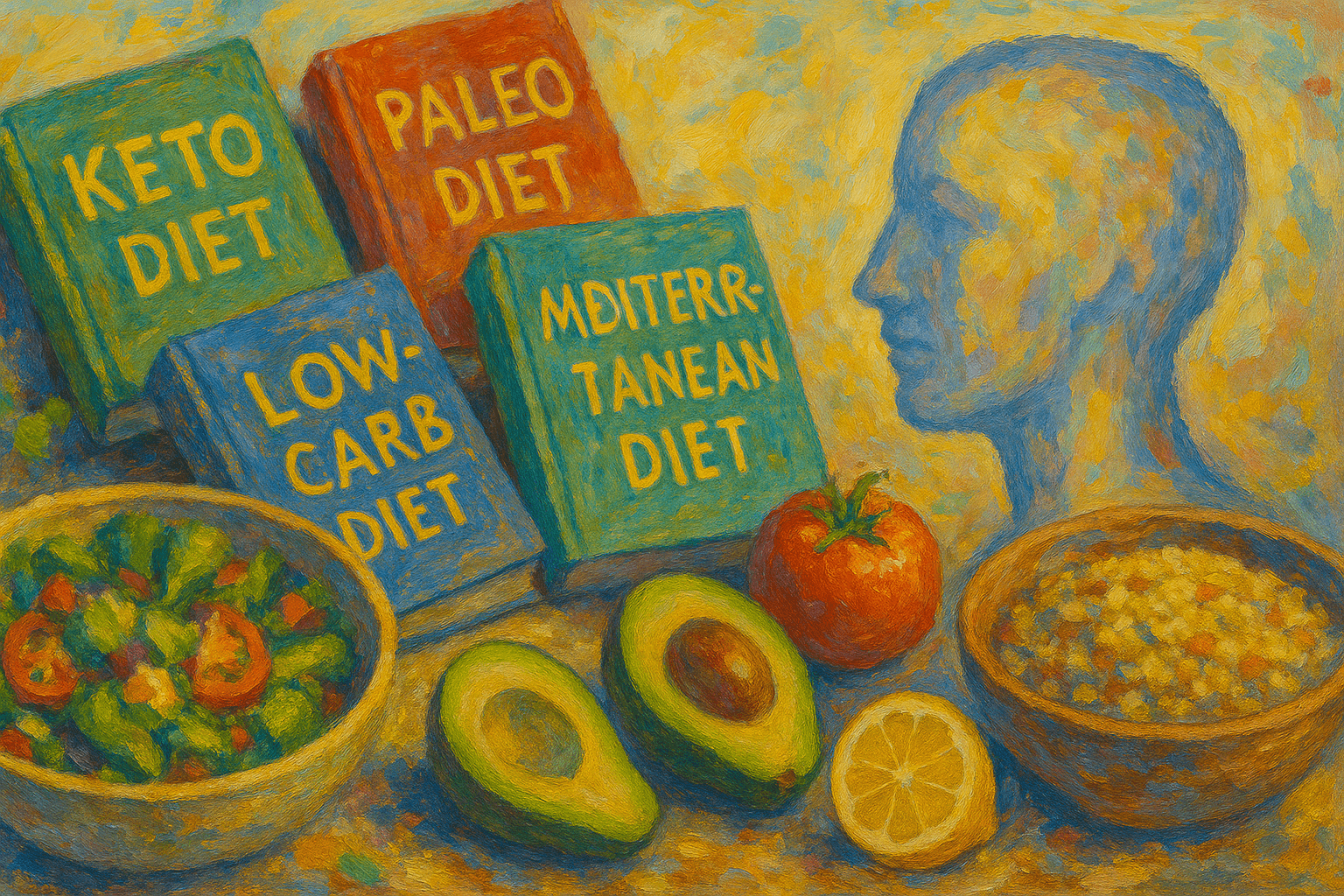Eat to Heal: Special Diets That Support Gut Health, Energy, and Long-Term Resilience
Published on August 26, 2025
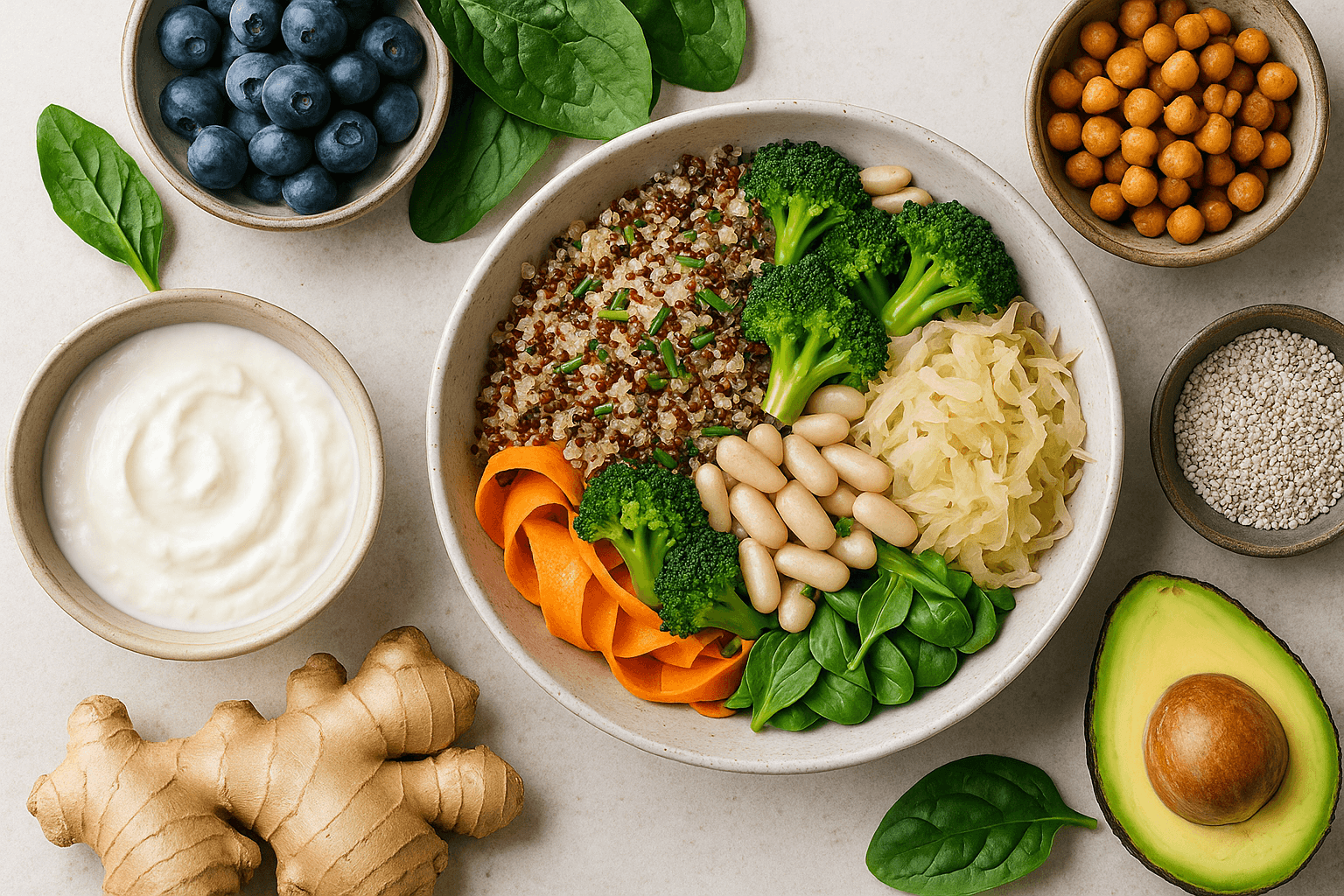
Therapeutic nutrition isn’t just about restriction—it’s about rebuilding. Your gut is more than a digestion pipe. It’s a core of your immune, endocrine, and emotional health.
This guide will cover: What special diets actually are—and what makes them effective How the gut becomes damaged (and how to repair it) Which diet helps with bloating, IBS, inflammation, or autoimmunity How to personalize and sustain a healing protocol
What Is a Special Diet, Really? Therapeutic diets are tools to: Moderate immune overactivation Lower inflammation Starve off bad microbes (yeast, SIBO, pathogens) Improve nutrient absorption Repair the gut lining
They’re not forever—but they’re powerful when used wisely.
How the Gut Gets Damaged The gut lining is one cell thick. When compromised, it becomes leaky. Common causes: Chronic stress Ultra-processed foods, sugar, and emulsifiers Antibiotics, NSAIDs, PPIs Alcohol, sleep loss, sedentary lifestyle Unresolved food sensitivities
This leads to: Leaky gut Dysbiosis Immune dysfunction (acne, fatigue, autoimmune flares)
5 Proven Gut-Focused Diets
1. Anti-Inflammatory Diet Removes sugar, seed oils, additives, and refined grains Adds omega-3s, fiber, polyphenols, quality proteins
Best for: General inflammation Early gut symptoms Prevention and foundational support
2. Low-FODMAP Diet Removes fermentable carbs (like garlic, onions, beans, dairy) short term Followed by systematic reintroduction
Best for: IBS SIBO Meal-related bloating
3. Specific Carbohydrate Diet (SCD) Removes complex carbs and lactose; allows monosaccharides only
Focuses on: Cooked veggies Broths, eggs, fish, aged cheese
Best for: Crohn’s, colitis Chronic diarrhea or candida Autism support (select cases)
4. Autoimmune Protocol (AIP) Eliminates grains, legumes, dairy, nuts, seeds, nightshades, and eggs
Emphasizes: Organ meats, broths Cooked vegetables Fermented foods
Best for: Hashimoto’s, RA, psoriasis Severe fatigue, brain fog, joint pain
5. Gut and Psychology Syndrome (GAPS) Phased protocol starting with broth/meat/ferments Gradually expands to raw veg, fruit, nut butters
Best for: ADHD, autism Anxiety, depression Gut-brain support
How to Choose Your Protocol Base your diet on symptoms, not trends: Bloating → Low-FODMAP, SCD, or AIP Fatigue + flares → AIP or Anti-inflammatory Mood/anxiety → GAPS or gut-brain anti-inflammatory
Define your non-negotiables (veg-friendly, quick prep?) Identify short-term relief vs. long-term healing goals
Follow This 4-Step Framework Remove irritants Replace with nourishing foods Repopulate gut flora Reintroduce slowly
Real-Life Tips for Therapeutic Dieting Batch cook stews, soups, and roasted veggies Create 3–4 default meal templates Keep healing snacks (yogurt, boiled eggs, bone broth) Track energy, mood, and digestion—not just meals Don’t go it alone—get support
Common Challenges & What to Do Feeling worse at first? It might be die-off—hydrate and slow down Don’t know what to eat? Stick to protein + veg + fat Overwhelmed? Try the 80% version—FODMAP-lite or AIP-lite Feeling alone? Join online gut-healing communities
Sample Gut-Healing Week
Day 1 Breakfast: Scrambled eggs + kale + avocado Lunch: Salmon + quinoa + broccoli Dinner: Turkey broth soup with veggies
Day 2 Breakfast: Coconut yogurt + strawberries + chia Lunch: Chicken stir-fry + rice Dinner: Grilled cod + rutabaga mash + sautéed spinach
Day 3 Breakfast: Turkey patties + sweet potato Lunch: Beef stew with carrots and bone broth Dinner: Lamb + cauliflower + arugula
Day 4 Breakfast: Chia pudding + blueberries Lunch: Chicken curry with pumpkin Dinner: Zoodles + meatballs + basil-garlic sauce
Day 5 Breakfast: Green smoothie (spinach, avocado, lemon, mint) Lunch: Salmon bowl + seaweed + kimchi Dinner: Chicken lettuce wraps + coconut aminos
Day 6 Breakfast: Hard-boiled eggs + cucumbers + coconut yogurt Lunch: Cod with leeks and olives Dinner: Turkey stew + roasted sunroot + fermented carrots
Day 7 Breakfast: Ginger-lemon tea + poached egg + greens Lunch: Butternut soup + arugula Dinner: Zucchini boats with ground lamb
Final Thoughts: Food Is a Safety Signal Your gut wants to feel safe—not under attack. Nourishing foods tell it: you’re okay now. You can digest. You can heal. So cook simply. Eat slowly. Be present. And trust that healing happens—meal by meal.



